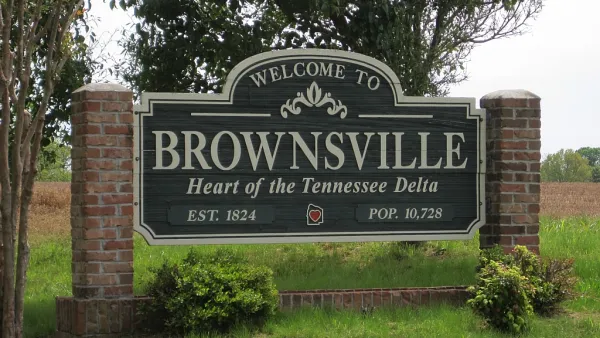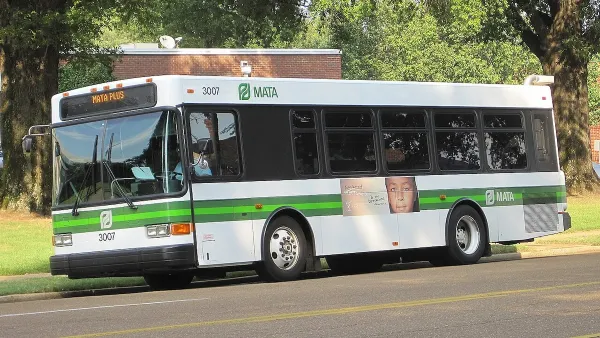In a piece for New Geography, Bill Fulton says that the cool v. uncool debate asks the wrong question. The issue is whether their economy is based on exports or imports.
Sometimes, when a big debate can't be resolved, it's because the wrong question is being asked. Such is the case with the seemingly endless "cool v. uncool" debate about cities. In this excerpt from Romancing The Smokestack, Bill Fulton argues that cities can be prosperous and successful whether they are cool (galleries, lofts, etc.) or uncool (lunchbucket factories). The common factor in all successful cities is -- or at least should be -- that they are based on exporting goods and services, not merely importing money.
A tourist town, retirement community, or bedroom suburb may seem successful on many levels. After all, in every case a lot of people in the city are dropping money locally to keep businesses going -- visitors, retirees, or commuters. But these cities are basically in the business of importing money. Since those spending money are not dependent on the local economy, their affuence is likely to create nothing more than a two-tier economy, with many low-paid workers servicing them.
By contrast, a city that produces goods and services for export is likely to be more consistently prosperous and less likely to be vulnerable to economic ups and downs. The jobs created are likely to be better paying and other companies will spring up as part of the spuply chain. and it doesn't matter what's being exported -- ideas, steel, software, whatever. The common denominator is the export.
Thanks to Bill Fulton
FULL STORY: Cities That Prosper, Cool Or Not

Analysis: Cybertruck Fatality Rate Far Exceeds That of Ford Pinto
The Tesla Cybertruck was recalled seven times last year.

National Parks Layoffs Will Cause Communities to Lose Billions
Thousands of essential park workers were laid off this week, just before the busy spring break season.

Retro-silient?: America’s First “Eco-burb,” The Woodlands Turns 50
A master-planned community north of Houston offers lessons on green infrastructure and resilient design, but falls short of its founder’s lofty affordability and walkability goals.

Test News Post 1
This is a summary

Analysis: Cybertruck Fatality Rate Far Exceeds That of Ford Pinto
The Tesla Cybertruck was recalled seven times last year.

Test News Headline 46
Test for the image on the front page.
Urban Design for Planners 1: Software Tools
This six-course series explores essential urban design concepts using open source software and equips planners with the tools they need to participate fully in the urban design process.
Planning for Universal Design
Learn the tools for implementing Universal Design in planning regulations.
EMC Planning Group, Inc.
Planetizen
Planetizen
Mpact (formerly Rail~Volution)
Great Falls Development Authority, Inc.
HUDs Office of Policy Development and Research
NYU Wagner Graduate School of Public Service




























